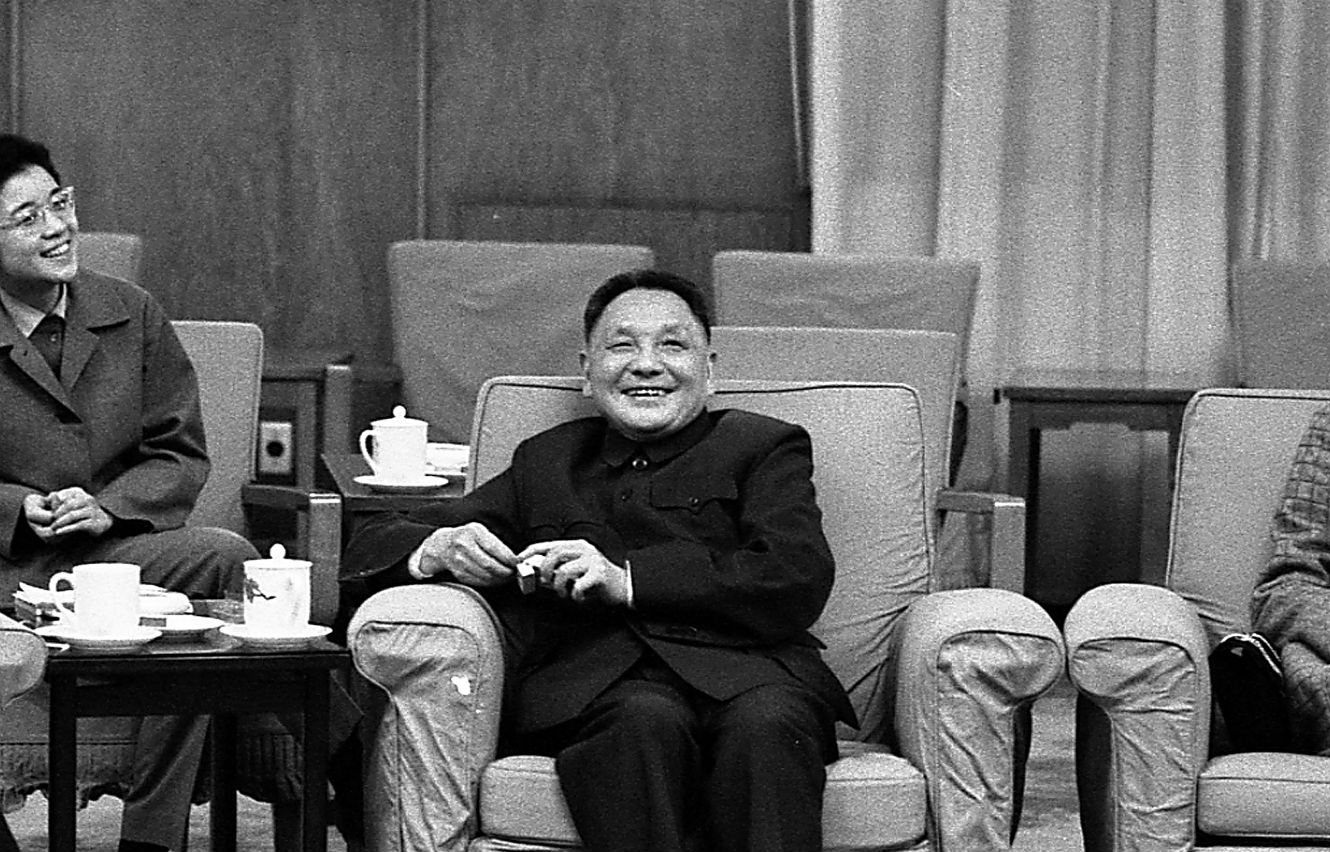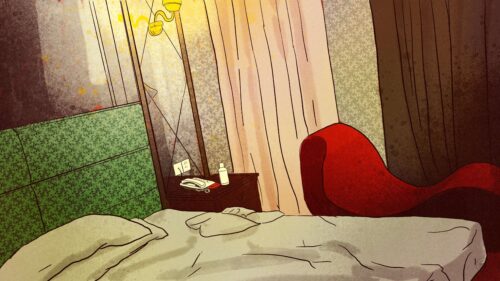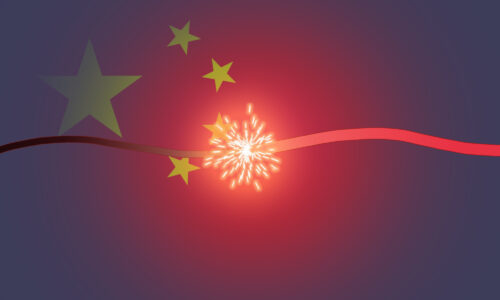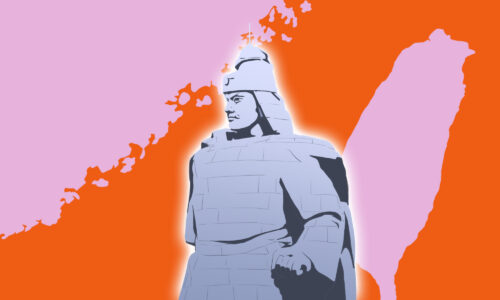Kuora: Celebrating Deng Xiaoping, who saved contemporary China

Today marks the 69th anniversary of the founding of the People’s Republic of China, and the start of a weeklong holiday. We’ll go ahead and take this opportunity to make this month all about contemporary Chinese history, beginning with three answers Kaiser originally posted on Quora — on June 21, 2017:
Did Deng Xiaoping save China?
and July 8, 2018:
What was the reason for the different treatment that Deng Xiaoping and Liu Shaoqi were afforded during the Cultural Revolution? Was Deng implicitly protected by Mao?
and October 16, 2013:
Is Deng Xiaoping considered good or bad in China today?
I don’t think it’s too much of an exaggeration to say that Deng Xiaoping 邓小平 “saved” China — if by “saved” you mean that he set China on a path to relative prosperity and ended the tyranny of rigid ideology in Chinese life.
In the years immediately following the death of Mao, there were few people other than Deng who possessed the political stature and ability to embark on such a radical shift of direction in the Party and who had not only survived the Cultural Revolution, but survived it free of the taint of strong association with Maoist excess during that time. Liu Shaoqi 刘少奇 was dead, Zhou Enlai 周恩来 had just died, Hua Guofeng 华国锋 (who was chairman after Mao’s death and before Deng’s ascent) was a “whateverist” and a Mao yes-man. It had to be someone who could preserve Party rule while transforming quite fundamentally the composition of the Party and its basic ideological line.
Change was necessary, and Deng knew it. Like many, he suffered during the Cultural Revolution, and his son was even defenestrated and ended up in a wheelchair. However, he suffered relatively less than Liu Xiaoqi, once thought to be Mao’s successor. With the caveat that I haven’t really researched this carefully, here are a few surmises as to why that may have been:
First, because Deng served as head of the Organization Department, which is responsible for selection of Party officials to fill key positions, and for promotions within the Party, he probably had significant influence in advancing the careers of many Party cadres during the 1950s, and had a good network of relationships.
Second, he was close to Zhou Enlai, and the two had supported similar policies during the Liu-Deng Interregnum from 1961 to 1965. Zhou had avoided being tarred by the “Capitalist Roader” brush, but he clearly had worked closely with Deng and with Liu. Zhou managed to bring back Deng after the first major wave of Cultural Revolution madness had somewhat subsided. There was no such rehabilitation of Liu.
Third, while Liu had become nominal head of state, Deng had been head of the Central Military Commission in 1956. It’s conceivable that as such, he had a more powerful base of support — the PLA brass — and that Mao had implicit limits on how badly he could treat Deng. Liu had been next in line to succeed Mao, and probably to Mao’s way of thinking, posed more of a threat to him, so it’s natural that given Deng’s network and the putatively higher-ranking position Liu had, Mao would direct more of his ire at Liu.
After Deng took power, it’s hard to say how much of the actual policies were the product of his own mind. What is clear is that he elevated people, like Zhao Ziyang 赵紫阳, who were willing to experiment with marketization. The acceleration in reform and opening after Deng’s “Southern Tour” in 1992 seems to have been more purely Dengist, but even this was undertaken in large measure in reaction to more conservative forces within the politburo. So it’s hard to tweeze apart what was just factional politics and what was actual commitment to economic or political ideas. Whatever the case, Deng’s role was crucial: Ideas may not have originated with him, but he could have said “no” to the initiatives that did, in the course of only a few decades, totally remake China.
He also radically transformed the leadership style of China. Mostly gone were the “mass campaigns.” Party cadres themselves were increasingly drawn not from the ranks of the “ideologically pure,” but rather from the educated classes — specifically those educated in the sciences and technology. He deliberately promoted technocrats. And he deliberately emulated the “soft authoritarian” ideology of Singapore’s Lee Kwan-Yew.
Among Chinese leaders of the 20th century he gets relatively high marks from across most sections of Chinese society. While you’ll find small pockets of unreconstructed Maoists who still either regard Deng as a “right deviationist” and the chief counterrevolutionary who took China down the capitalist road — and those people are a vanishingly small portion of the population — or people on the opposite end of the political spectrum who revile him still as the man who made the ultimate decision to crack down with lethal and decisive force on the protests (or as he described it, the “uprising”) of 1989, I think it’s fair to say that on balance people regard him positively.
Kuora: The unlikely confluence of events that led to the 1989 Tiananmen Square protests
Most see him, correctly, as the driving force behind the reform and opening that began with the 3rd Plenary Session of the 11th Party Congress in late 1978, after Deng came back a third time from the political wilderness to assume real control of the Party. He is generally credited with ending the system of People’s Communes. People under him, like Zhao Ziyang, were critical in allowing market forces to re-enter Chinese life, beginning with agriculture (the “Household Responsibility System” that allowed farmers to sell part of their goods on the open market), and that spread quite quickly to other sectors of the economy. Wage differentiation was allowed at unheard of levels. People were permitted to start small businesses. He created the so-called “Special Economic Zones” of Shenzhen, Jiangmen, Zhuhai, and Pudong in eastern Shanghai, and allowed unprecedented inflow of foreign capital. For these things, most Chinese hold him in quite high esteem.
Kuora is a weekly column.






